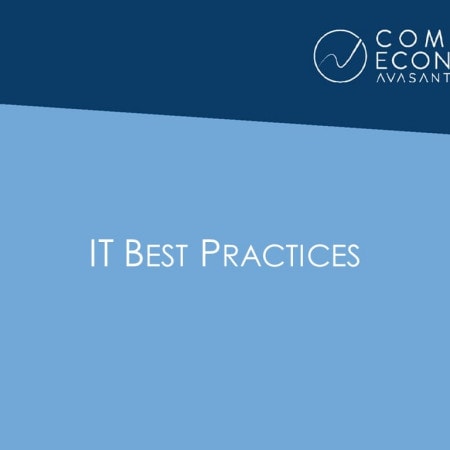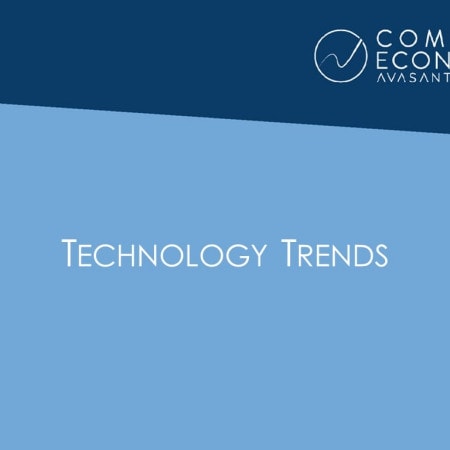-

Maintaining Online Privacy During the War on Terrorism (Nov 2001)
In the aftermath of the despicable terrorist attacks of September 11, the federal government moved quickly to propose legislation which would expand its authority to track certain types of information in connection with anti-terrorist investigations. Of course, in the Internet era, a major component of such expanded powers necessarily would relate to online activities. The prospect of increased monitoring quickly raises concerns among civil libertarians, businesses, and individuals alike. What will these mean for online business?
September, 2002
-

Cyber-Law Helps and Hinders E-Commerce (Dec 2001)
Legal actions of the U.S. government, along with those of the various states, have begun to affect e-commerce, and these effects will grow in the near future as the legal status of e-commerce becomes better defined. International laws, as well, will influence how e-merchants conduct their businesses and will limit their activities.
September, 2002
-

Return on Investment for Virus Protection
The article provides estimated cost for managing an in-house antivirus protection program by the number of PCs in an organization and the expense avoided by having such protection in place.
September, 2002
-

Computer Economics Joins the National Cyber Security Alliance (Mar 2002)
Computer Economics has been involved in the analysis of IT security and the cost of providing this needed security since the 1980s. Computer Economics has also been a leader in analyzing the economic impact of cyber crimes, malicious code attacks, and cyber terrorism. The Computer Economics analysis is lead by Michael Erbschloe, Vice President of Research at Computer Economics and author of Information Warfare: How to Survive Cyber Attacks.
September, 2002
-

Weak Security Allows Sales Reps to Defraud (July 2002)
Only weeks after WorldCom revealed that some of its top sales representatives had manipulated its antiquated incentive compensation system to defraud the company of millions of dollars, a survey of executives was conducted at the spring Synygy Incentive Compensation Conference, held in Phoenix in March 2002.
September, 2002
-

E-Insurance to Help Cover the Cost of E-Attacks
A new survey reveals many of the nation's largest organizations are not prepared to handle e-commerce and e-communication risks. From dot-com companies to brick-and-mortar businesses using the Internet to dispense information or sell products, few organizations have implemented the type of comprehensive e-risk management program that can limit electronic exposures and reduce e-liability.
August, 2002
-

Public Key Encryption Gains as RSA Algorithm Enters the Public Domain
Public key encryption infrastructure (PKI) pervades the use of the Internet and e-commerce. This technology is the basis for protection of the Webâs Secure Sockets Layer (SSL), digital certification, email encryption,
August, 2002
-

Virus Attacks Cost Organizations $17.1 Billion in 2000
Computer Economics has determined that the economic impact of virus attacks on information systems around the world amounted to $17.1 billion in 2000. Economic impact is comprised of the costs to clean viruses from networks, servers, and client systems; restore lost or damaged files; and the lost productivity of workers caused by system outages and downtime. The economic impact of virus attacks on information systems around the world amounted to $12.1 billion in 1999.
August, 2002
-

Anti-Virus Protection Not Used by PC Owners
Almost a quarter of home and office PC users running anti-virus software don't update it regularly, leaving themselves vulnerable to newly minted viruses, according to a June 2000 survey conducted by Central Command, a supplier of anti-virus software. This high awareness of computer viruses following outbreaks of the Chernobyl and Melissa virus and the LoveLetter worm (which disabled millions of PCs around the world) have obviously not translated into safer computing practices. The survey was the largest ever conducted on the topic and was emailed to nearly half a million PC users. It had 54,091 responses--a 16% response rate.
August, 2002
-

The Federal Cyber Service Scholarship for Service Program (August 2002)
The Federal Cyber Service Scholarship for Service (SFS) program provides funding to colleges and universities for scholarships and capacity building in the information assurance and computer security fields. This includes the education of students in information technology security and for institutional or faculty development in the area of information assurance and computer security.
August, 2002
-

Apply Countermeasures to Protect IT Security Now (August 2002)
Many IT managers worry about the vulnerability of their systems, but their attempts to improve protection are often hampered by budgetary and administrative concerns. Any security measure will inconvenience users and the organization to some degree. Past ineffectiveness of protective applications often results in a cynical user community and a hard sell to management when attempts are made to add new security protection.
August, 2002
-

Emphasize Storage Management Over Storage Capacity (July 2002)
With disk storage only costing about 5 cents per megabyte, many IT managers fall into the trap of believing that increasing capacity is the economical way to go. These managers fail to realize that the management, operation, and maintenance of those disks will annually cost them 50 cents per megabyte or more.
July, 2002
-

eBusiness Requires Security, Privacy, and Encryption (June 2002)
As technology expands, so do ways to abuse it. Not only do companies have to deal with a multitude of malicious Internet viruses, they must also deal with intellectual property (IP) and security issues. Particularly in light of recent events, businesses must be critically aware of the issues surrounding computer protection.
June, 2002
-

Prudence Calls for Delaying Public Key Infrastructure Implementation (Jan 2002)
The events of September 11 and afterward have increased pressure on managers to provide better protection for IT systems and networks. One protective candidate that has received a lot of press over the last several years is public key infrastructure (PKI). PKI offers strong protection for information while at the same time providing reassurances that only authorized individuals participate in transactions. The potential of PKI is what keeps it perennially in the media's attention, but the unpleasant realities of using the technology remain a stumbling block.
May, 2002

 Grid View
Grid View List View
List View